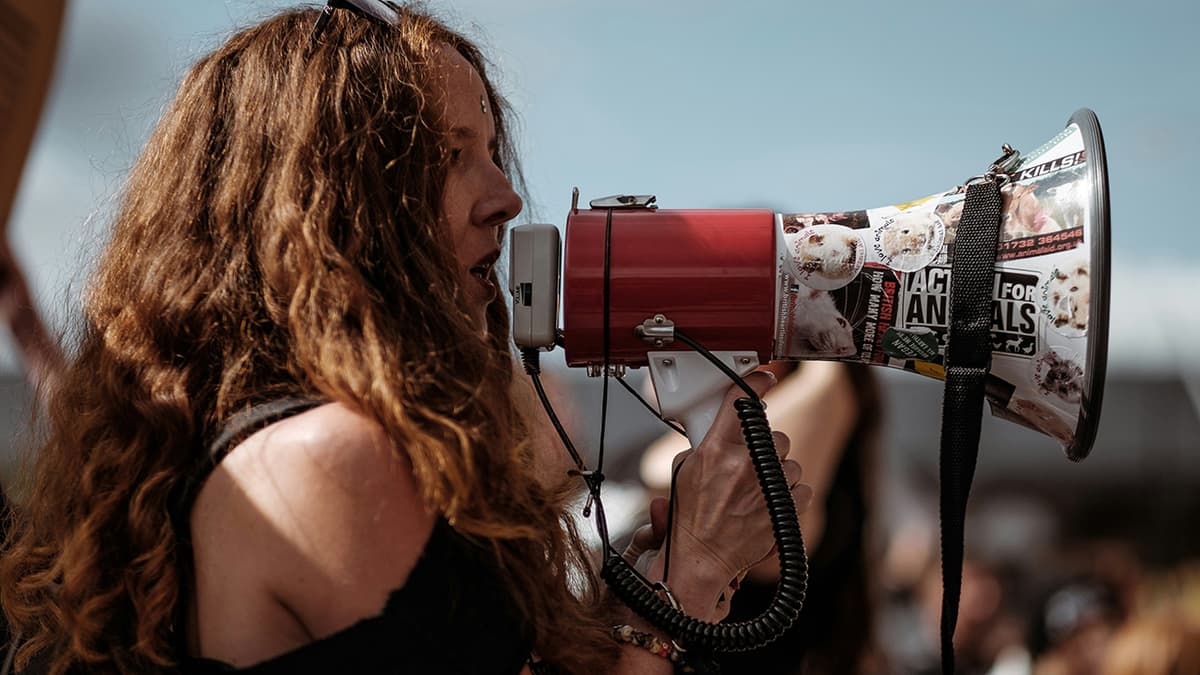The Cost of Owning a 7-Eleven Franchise
7-Eleven is one of the most recognizable convenience store brands in the world, famous for its Slurpees, wide range of products, and the promise to be "always open." For those looking to venture into the realm of franchising, owning a 7-Eleven might seem like a golden opportunity to tap into the convenience store market with a trusted name. But before you start dreaming of your very own 7-Eleven shelves stocked with snacks and drinks, understanding the financial commitment is crucial.
What Does It Take Financially to Own a 7-Eleven?
Franchising with 7-Eleven comes with various costs, and these are not just limited to the initial franchise fee. Prospective franchisees should consider ongoing royalties, the cost of goods, and operational expenses. Here’s a breakdown to give you a clearer picture.
Initial Franchise Fee
The first and most obvious cost is the franchise fee. 7-Eleven charges a one-time initial franchise fee that can range from \$50,000 to \$1,000,000. This fee varies significantly based on the location and the specific store's profitability. A store in a high-traffic urban area will likely come with a higher franchise fee than a store in a more suburban or rural setting.
Inventory and Supplies
Once you have your location, stocking your store isn't free. Inventory costs can ramp up quickly. Franchisees must purchase an initial inventory stock that can cost between \$20,000 to \$40,000. This inventory includes everything from snacks and drinks to toiletries and over-the-counter medication.
Equipment and Other Costs
In addition to inventory, new franchisees will need to account for the cost of equipment and store supplies. This covers everything from cash registers to refrigeration units, and can sometimes require a significant investment upfront, depending on the state of the store at the time of purchase. It's also essential to keep in mind the cost of maintenance and potential equipment updates down the line.
Ongoing Operating Expenses
Running a 7-Eleven also involves ongoing expenses. These include payroll for staff, utilities, insurance, and marketing costs. Moreover, franchisees must pay a royalty fee, which is typically a percentage of the store’s gross profit. For 7-Eleven, this is currently set at 54% of the gross profit. Franchisees are also responsible for paying a marketing fee, which is about 1% of the sales.
Return on investment and profit potential
Investing in a 7-Eleven franchise isn't just about the costs; it's also about potential returns. According to various franchising websites, the average gross profit for a 7-Eleven franchise is quite lucrative, and many franchisees recoup their initial investment within three to five years, depending on numerous factors such as location, store management, and economic conditions.
The company also offers various forms of support to help maximize profitability. This includes training, a proprietary logistics system that helps in inventory management, and advertising support—all designed to help franchisees succeed.
Resources and Support from 7-Eleven
7-Eleven prides itself on providing substantial support to its franchisees to ensure their stores operate smoothly and profitably. This includes training programs that cover operations management, customer service, and employee management—all critical factors in running a successful store.
Additionally, 7-Eleven assists with the store set-up process to make sure that each franchise conforms to the brand's standards. They also offer continuous support in terms of business advice, providing franchisees access to a personal franchise consultant who can help navigate the complexities of store ownership.
Brand Recognition
One of the most substantial advantages of opening a 7-Eleven franchise is the brand recognition associated with the company. With thousands of stores worldwide, the 7-Eleven brand draws in millions of customers daily who trust the brand for their quick shopping needs.
Franchisees benefit from this recognition, as it drives consistent foot traffic to their stores, which can be further enhanced through local marketing efforts and community engagement.
Is a 7-Eleven Franchise Right for You?
Taking the leap into franchising with 7-Eleven requires a sizable financial investment and a commitment to managing a busy retail operation. Prospective franchisees must carefully assess their financial situation, desired lifestyle, and business goals to determine if franchising with 7-Eleven is the right path.
The promise of being part of a global brand with robust support systems is attractive, but like any business venture, it comes with its challenges and risks. Those equipped with entrepreneurial spirit, capital for investment, and a readiness to engage deeply with the franchise model will find a wealth of resources and potential in a 7-Eleven franchise.
Owning a 7-Eleven can be a profitable venture if handled smartly, aligning business acumen with the robust support system provided by the franchise. It's not just about selling products; it's about becoming a part of the community and driving a customer-focused business to success. For more detailed information, visiting the official 7-Eleven franchise website can provide additional insights and guidance for those interested in this entrepreneurial journey.












